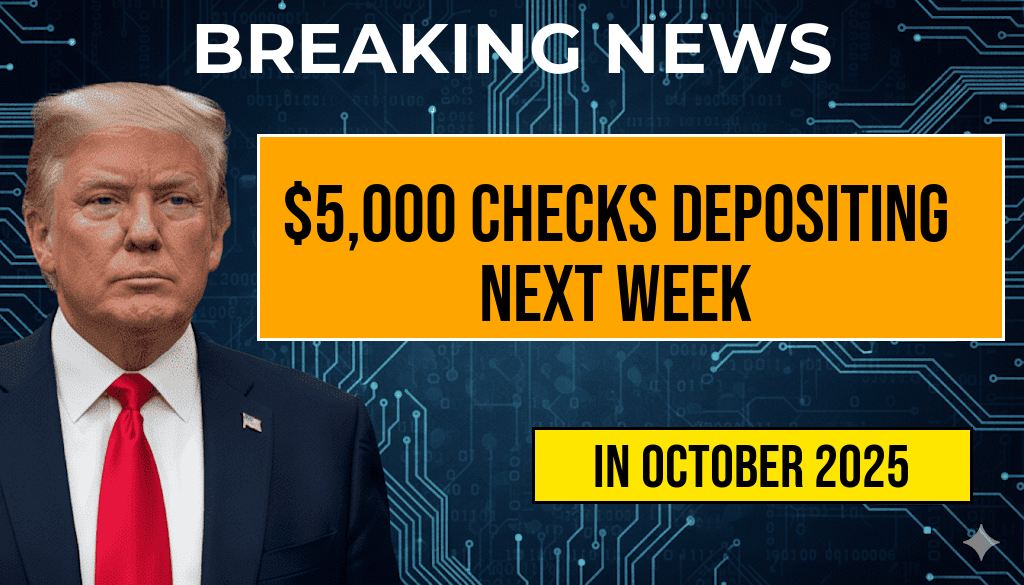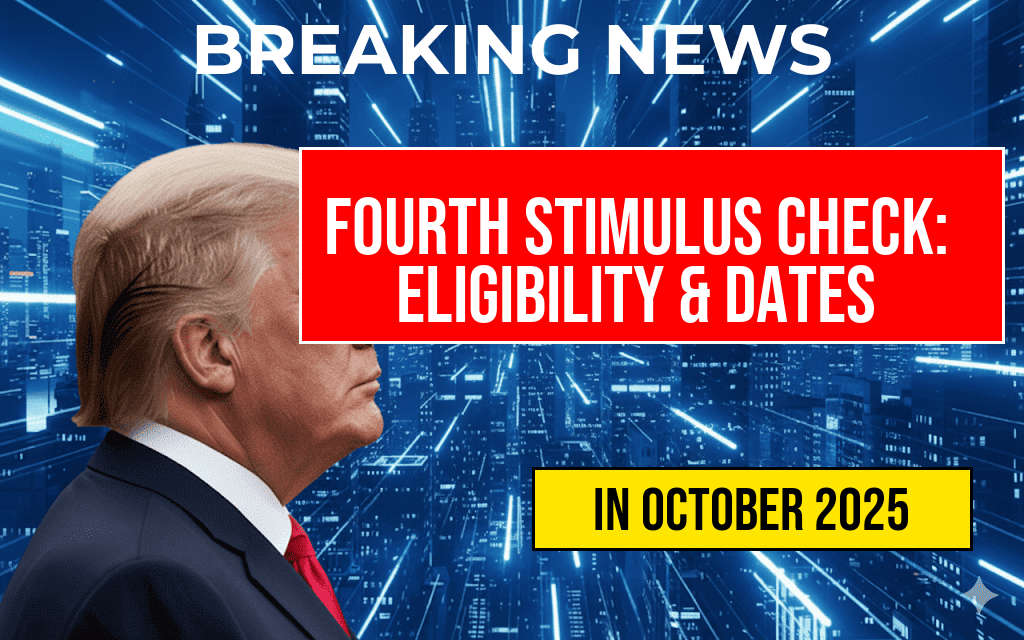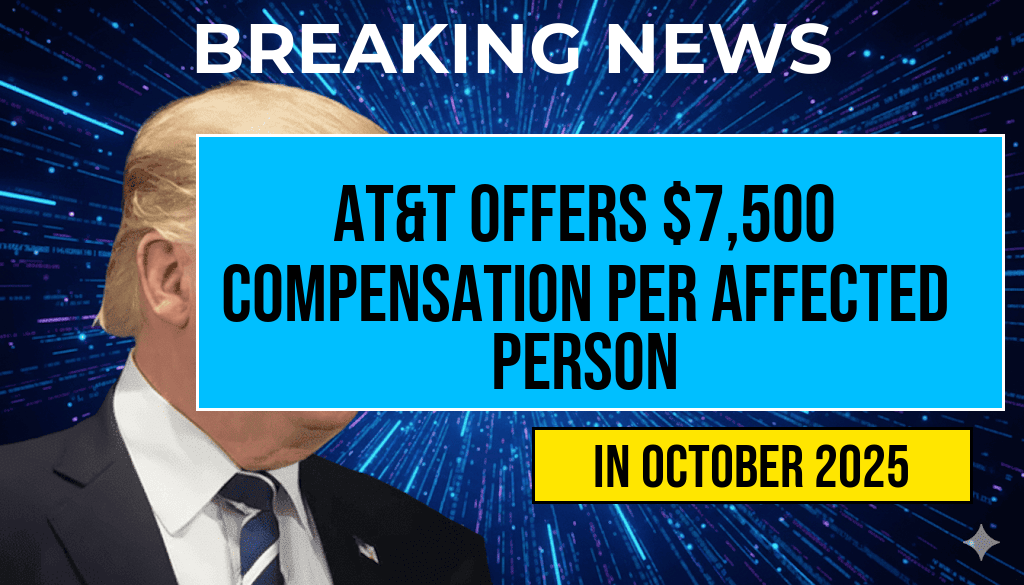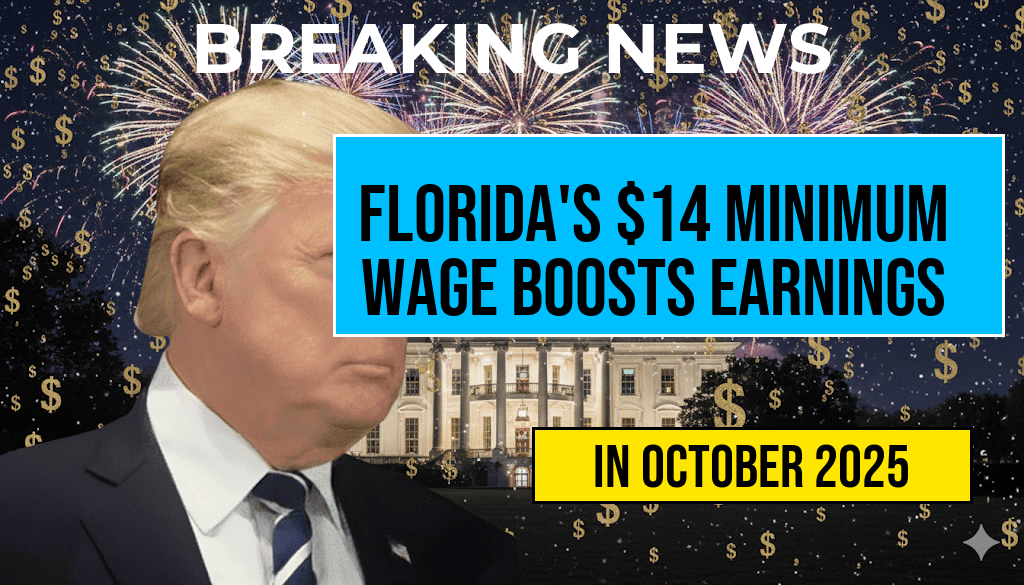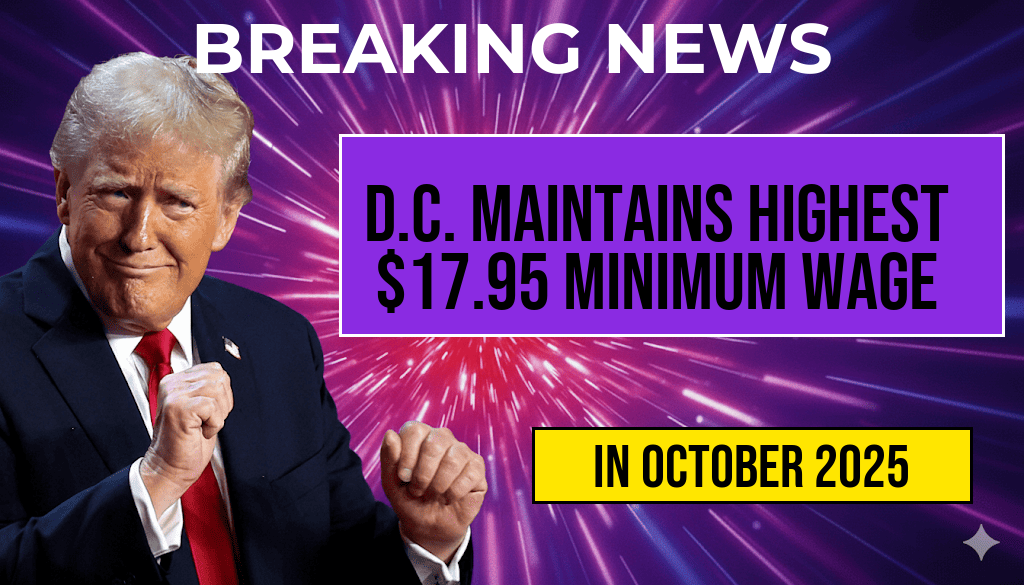Eligible recipients across several states are set to receive $5,000 checks deposited directly into their bank accounts next week, marking a significant financial boost for many households. The distribution is part of a broader relief initiative aimed at providing targeted support to individuals facing economic hardship. The payments, which are expected to begin arriving in bank accounts early next week, target specific groups identified through income levels, employment status, or participation in designated programs. Officials emphasize that this initiative aims to ease financial pressures amid ongoing economic challenges, including inflation and rising living costs. Recipients are encouraged to verify their eligibility and ensure their banking information is up to date to facilitate smooth deposits. This effort reflects a broader trend of government and state-level programs designed to deliver direct financial relief efficiently and securely.
Who Is Eligible for the $5,000 Checks?
Criteria and Eligible Groups
- Individuals enrolled in specific state assistance programs
- Low- to moderate-income households meeting income thresholds
- Unemployed or underemployed workers actively seeking employment
- Participants in targeted employment or training initiatives
Eligibility varies by state, with some states implementing additional qualifiers such as residency duration or income documentation. The primary goal is to reach vulnerable populations who have faced economic setbacks during recent years of upheaval.
Details of the Distribution Process
How and When Will the Checks Be Deposited?
| State | Expected Deposit Date | Method of Distribution | Additional Notes |
|---|---|---|---|
| California | Next Monday | Direct bank transfer | Recipients will receive notifications via email and SMS |
| New York | Tuesday | Direct deposit or mailed checks | Option to choose preferred method during registration |
| Illinois | Wednesday | Bank transfer only | Bank account verification required prior to deposit |
Verification and Preparation
Recipients are advised to ensure their banking information is current through official portals. If discrepancies or outdated details are identified, individuals should update their information promptly to avoid delays. Many states have set up dedicated support lines and online FAQs to assist with the process, emphasizing transparency and accessibility.
Implications and Broader Context
Economic Impact and Public Response
The disbursement of these $5,000 checks aims to stabilize household finances amid inflationary pressures that have affected essentials like housing, food, and healthcare. Economists suggest that such direct payments can have a multiplier effect by increasing consumer spending, which may support local businesses and stimulate economic activity. Advocacy groups have welcomed the initiative, viewing it as a critical lifeline for underserved communities.
Legal and Policy Considerations
States implementing these payments are operating within a complex legal framework that ensures compliance with federal and state regulations. Funding sources vary, including federal relief funds, state budgets, or specific legislative appropriations. Transparency measures are in place to prevent misuse, and recipients are encouraged to report any suspicious activity related to the distribution process.
Additional Resources and Support
Individuals seeking more information about their eligibility or the distribution process can visit official state websites or consult guidance from the Internal Revenue Service. For broader insights into economic relief programs, the Wikipedia page on stimulus packages provides comprehensive background.
Frequently Asked Questions
Question
Who is eligible to receive the five-thousand dollar checks next week?
Question
How can eligible individuals expect to receive their deposits into their bank accounts?
Question
What is the application process for qualifying for these checks?
Question
Are there any requirements or documentation needed to qualify for the five-thousand dollar payment?
Question
When exactly will the deposits be made, and how can recipients track their payments?

